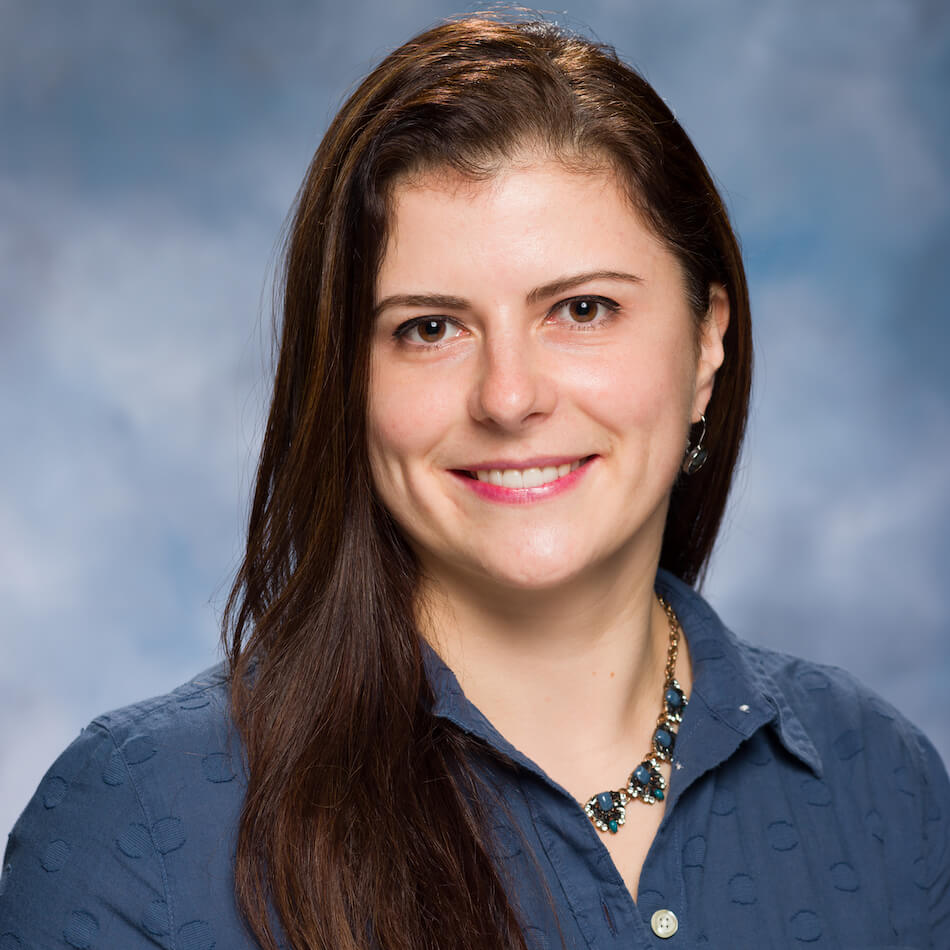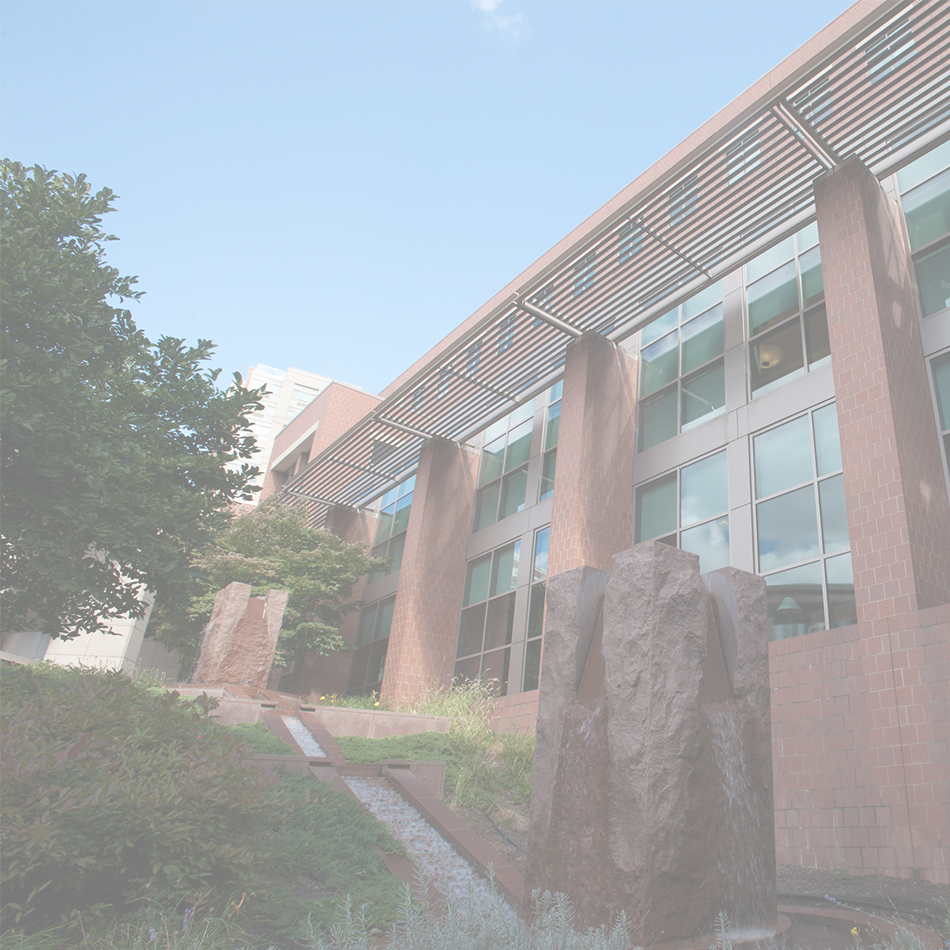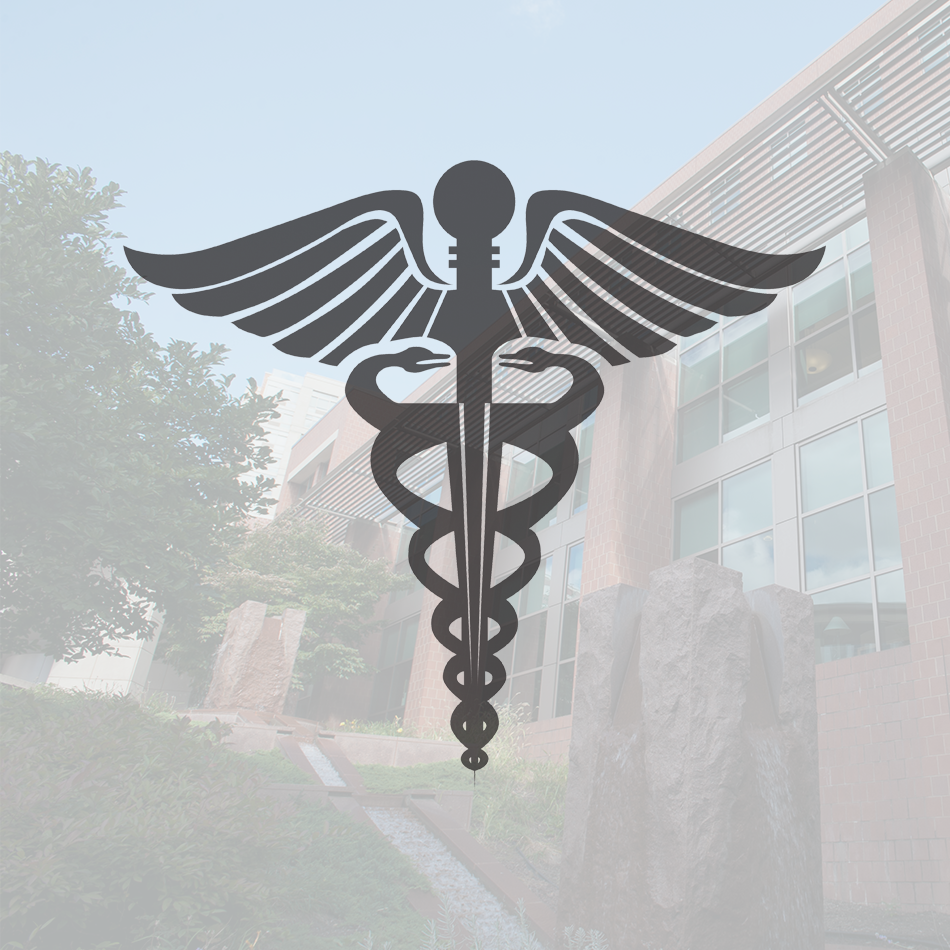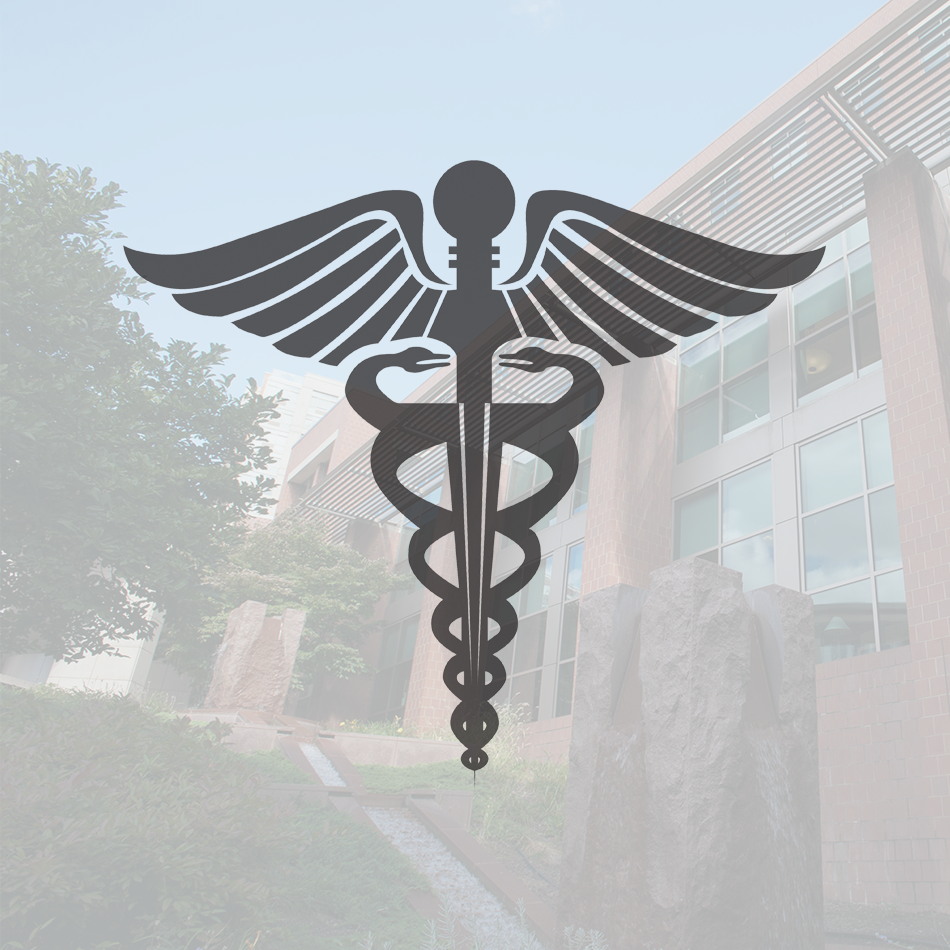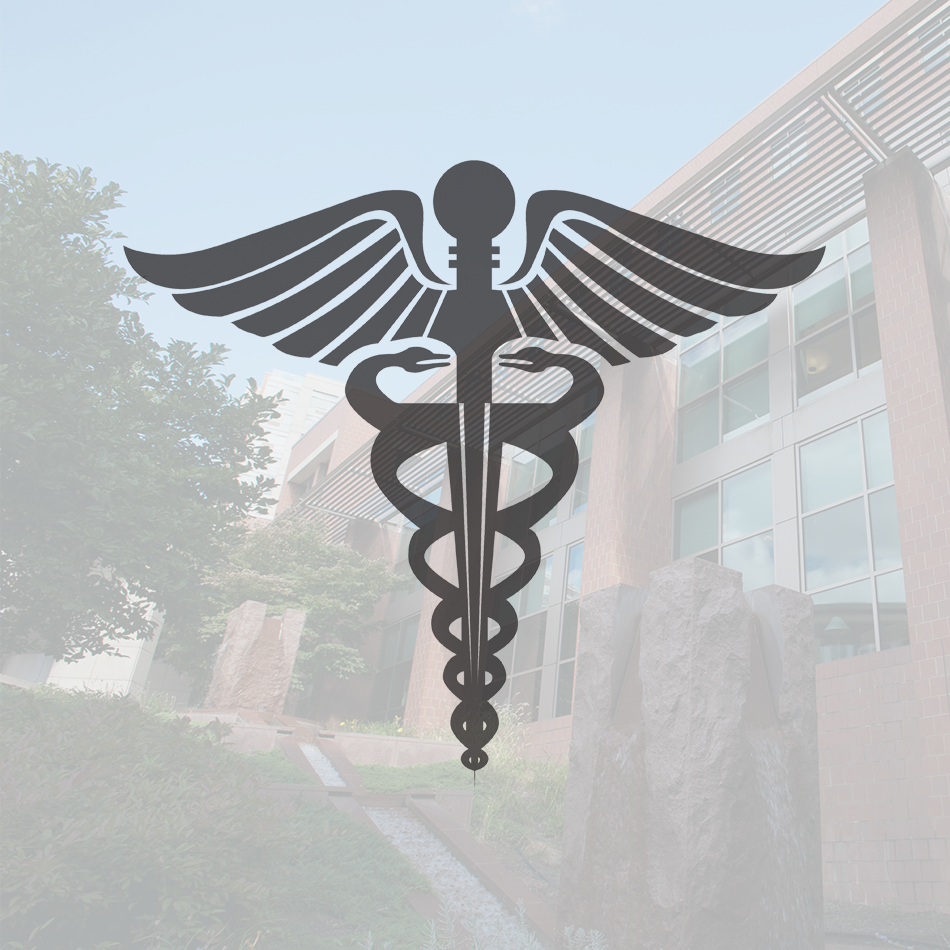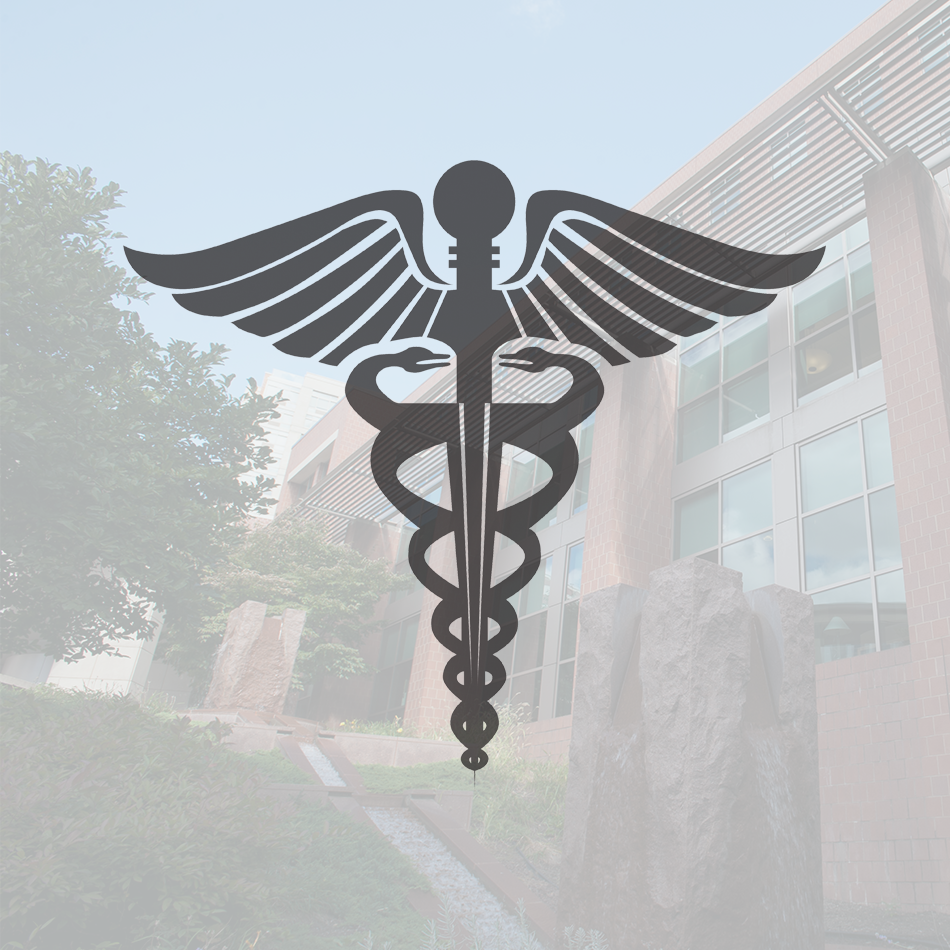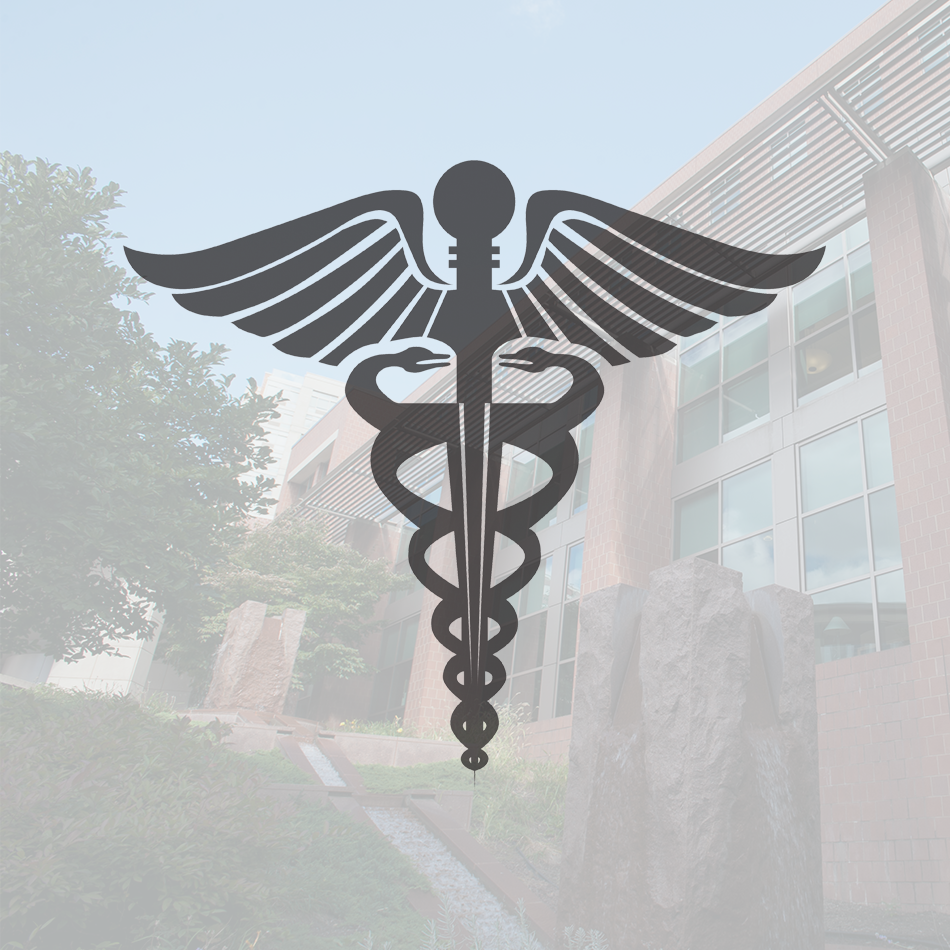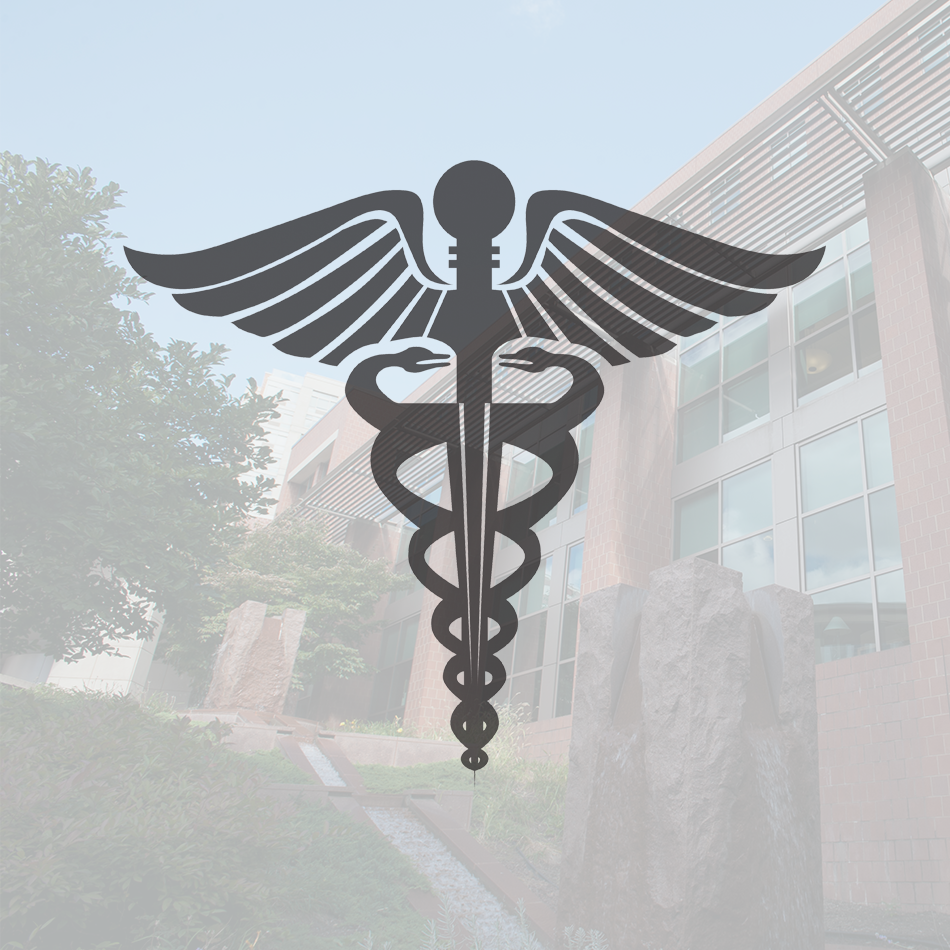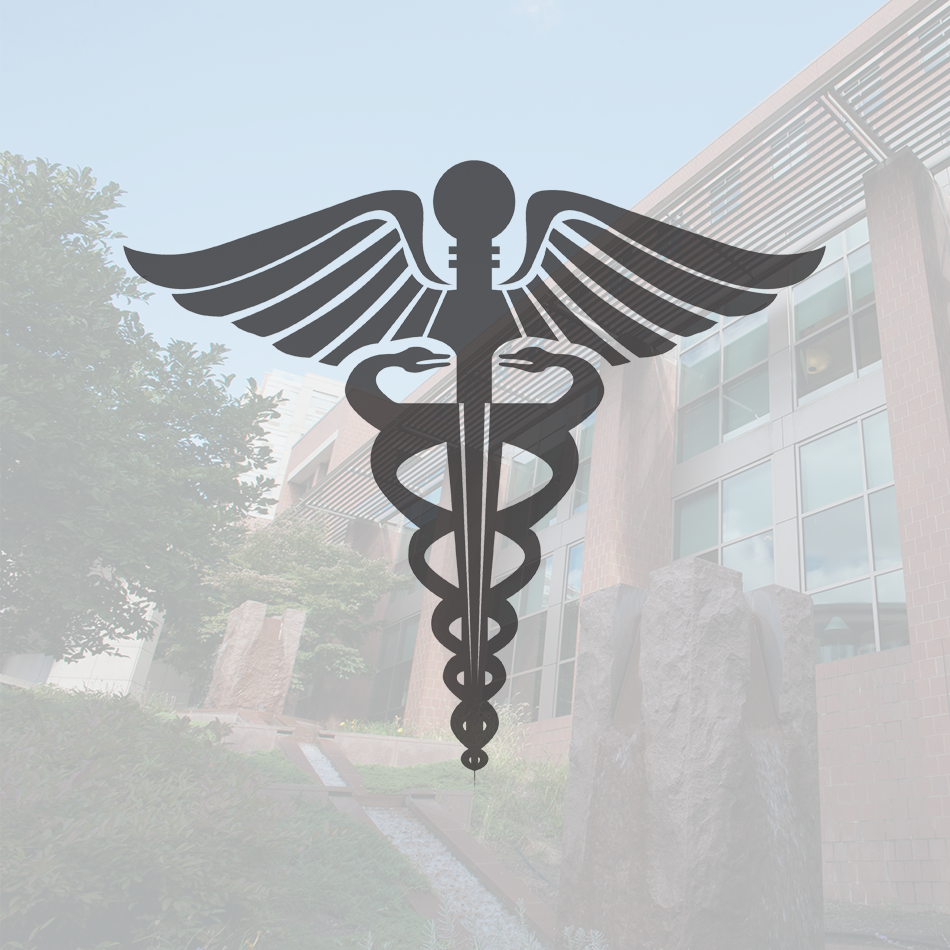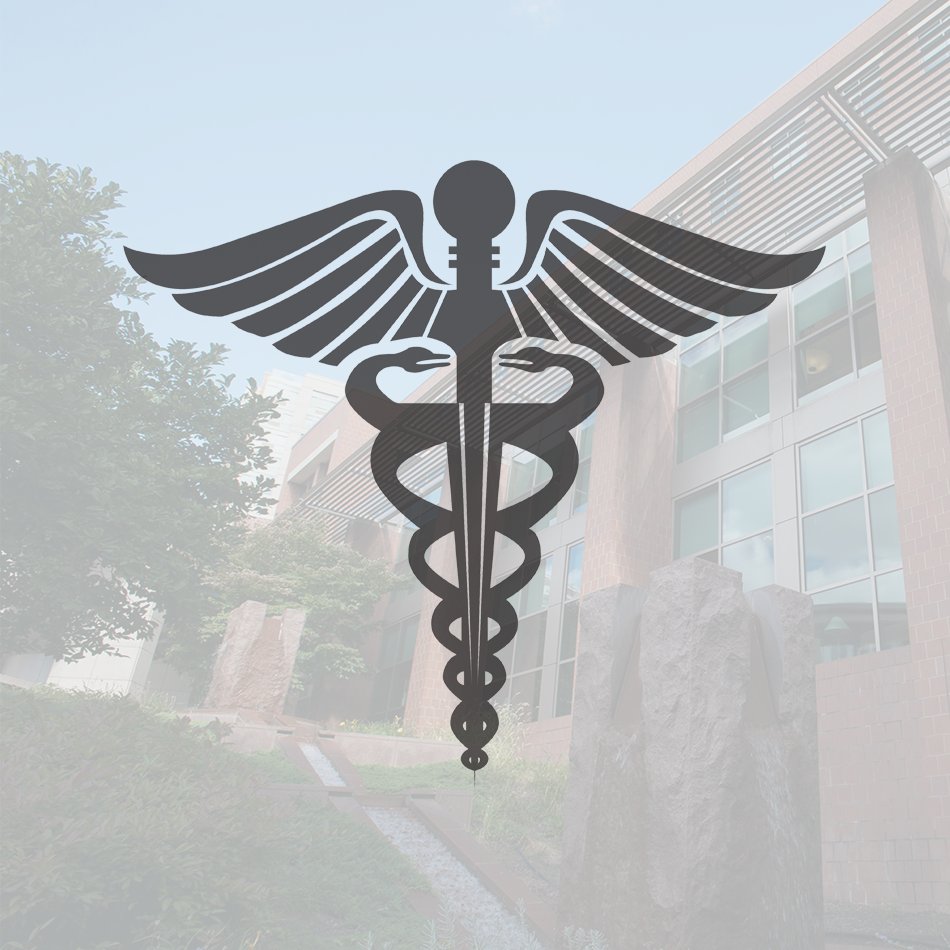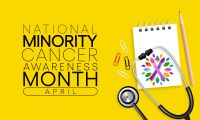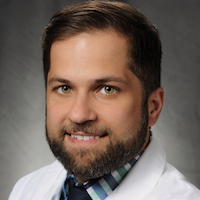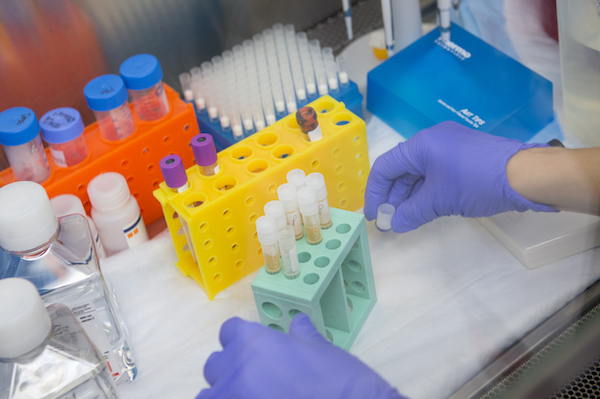
As New Jersey's only NCI-designated Comprehensive Cancer Center, patients and physicians at Rutgers Cancer Institute and across RWJBarnabas Health have access to the newest and most promising cancer treatments supported by the National Cancer Institute, pharmaceutical companies and Rutgers Cancer Institute. While patients typically have received prior therapies, it is not uncommon for some patients to avail of these approaches as their initial therapeutic approach, such as in the case of a novel molecularly targeted drug that targets a mutation that the patient’s tumor exhibits. The Phase I team meets weekly to discuss current and pending clinical trials, and reviews the progress of all patients on Phase I clinical trials.
What is a Phase I Clinical Trial?
Clinical trials occur in multiple phases. After a promising drug or compound is developed in the laboratory, the first step of moving information from ‘bench to bedside’ is an early phase clinical study, such as a Phase I clinical trial. The major focus on a Phase I clinical trial is to assess the safety of new agents and establish the appropriate dose and the most effective schedule and method of administration. Treatment is typically administered in small groups of patients in increasing doses in order to determine the maximum dose that does not cause significant side effects. Often times, patients are asked to give tissue or blood samples to help researchers investigate the mechanism of action and how the drug is absorbed in the body. Phase I clinical trials are a viable option for patients that have not had success on standard therapies and have exhausted other available options.
To request an appointment, call 844-CANCERNJ. | View available Phase I clinical trials
Dr. Goel spoke with EBC radio about oncology clinical trials.




